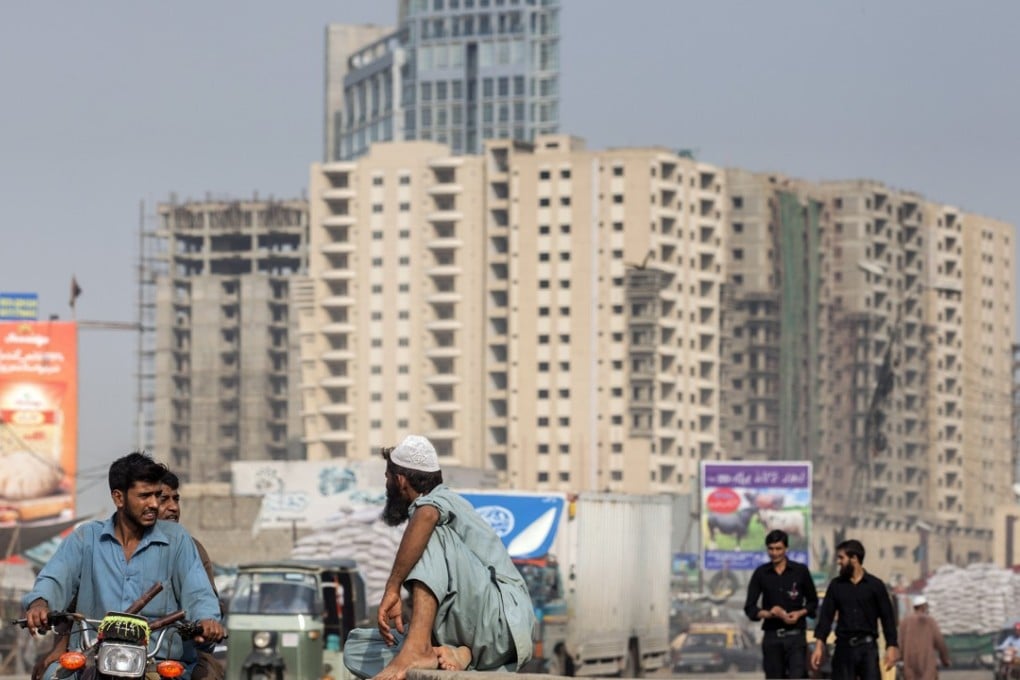Just who will the China-Pakistan Economic Corridor really benefit?
Adnan Aamir says many in Pakistan see the projects as a way to boost the economy and solve unemployment woes. Others, however, worry about debt, an influx of Chinese workers and few opportunities for locals

Many saw the project as a solution to Pakistan’s economic woes and even termed it a game changer, capable of producing millions of jobs and solving the country’s unemployment problem.
However, soon after the project’s inception, it came in for criticism from different quarters. The main fear is that it has the potential to convert Pakistan into an economic colony of China.
Details of the agreement have not yet been made public, but what is known suggests the majority of the projects revolve around loans that must be repaid. A report from a brokerage house in Pakistan said the country could have to pay US$90 billion to China over 30 years.
Moreover, economic experts have started questioning the assertion that the economic corridor will bring millions of jobs for the people of Pakistan, given that China is bringing its own labour force. Thus far, there has not been any major job creation.
